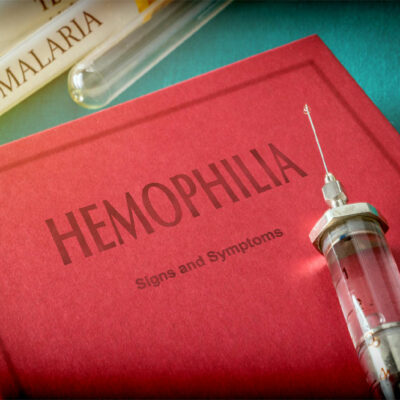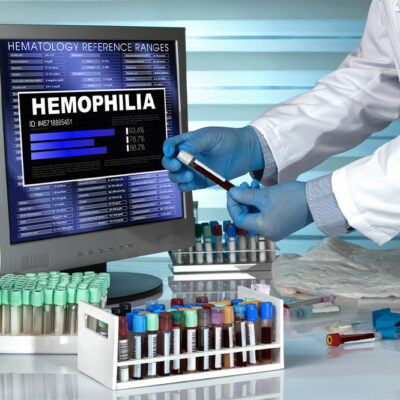
6 ways to deal with loneliness
Loneliness is a common and deeply human experience that can affect anyone at various stages of life. It is also a complex emotion often arising from social isolation or the feeling of being disconnected from other people, among other factors. The good news is that there are practical ways to deal with such feelings while also fostering meaningful connections. So, here are a few ways that can help overcome loneliness: Engage in prayer Prayer can involve meditation, reflection, or quiet contemplation, all of which help by offering hope and faith in a better future. Additionally, engaging in this practice can help one find inner peace, possibly reducing feelings of loneliness. Spend time outdoors Connecting with nature can be a rejuvenating activity. Whether it is a leisurely stroll in the park, a hike through the woods, or enjoying the sun, stepping outside can help one experience a sense of peace and a connection to their surroundings. Volunteer for a cause Giving back to the community can be a fulfilling way to not just help but also connect with others. This way, volunteering provides a sense of purpose and belonging. Whether it is lending a hand at a local shelter or hospital, reading to children, or participating in neighborhood clean-up drives and other community initiatives, volunteering is a great way to make new connections.
Read Article 









